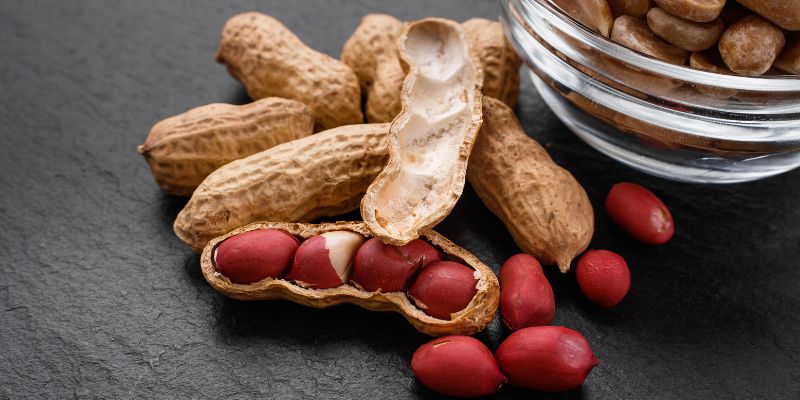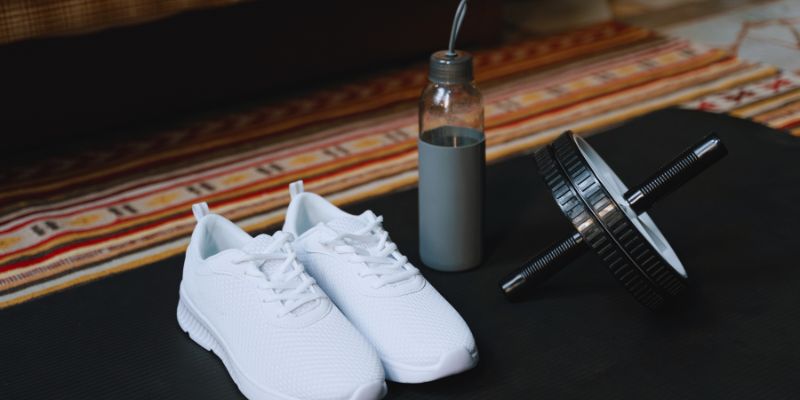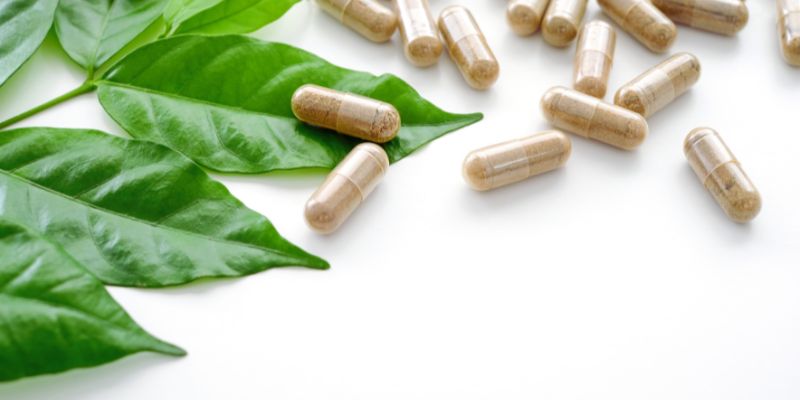Which is the Right Eczema Medications and Treatment for You: A Guide
Managing the irritating and difficult skin condition eczema can be taxing. It often generates disruptive red, itchy, inflammatory patches that affect daily life. Finding the correct eczema therapy is not always simple since the disorder differs from person to person.
New remedies give hope to those not finding relief from conventional treatments. For moderate to severe cases, Roflumilast in Zoryve is a breakthrough approved by the FDA with encouraging outcomes. However, selecting the correct prescription relies on knowledge of its costs, possible side effects, and advantages. This guide will help you look through the options and decide on the best line of action for your eczema.
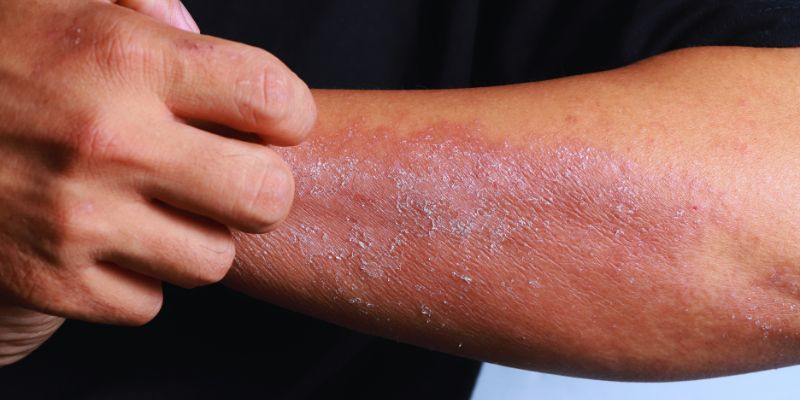
Understanding Eczema and Its Causes
People of all ages can have the common inflammatory skin disorder eczema, sometimes known as atopic dermatitis. Eczema often causes discomfort and mental upheaval, resulting in redness, itching, and irritation. The disorder results from a confluence of elements, including a compromised skin barrier, environmental triggers, and hereditary propensity. Those with eczema fight to hold moisture in their skin, which results in dryness, cracking, and sensitivity to irritants.
Triggers such as allergies, strong soaps, changing weather, or stress can bring on flare-ups and aggravation of symptoms. Each of the numerous forms of eczema, atopic dermatitis, contact dermatitis, and seborrheic dermatitis has causes and traits unique to itself. For instance, whereas seborrheic dermatitis usually affects areas with oily skin, such as the scalp or face, contact dermatitis is brought on by skin contact with irritants or allergens. Treatment of eczema varies on its form and degree of severity.
Topical Medications: The First Line of Defense
Usually, the first line of defense against eczema is topical medications. These therapies assist in lowering inflammation applied straight to the skin, easing discomfort, and strengthening the skin barrier. The most often used topical treatments consist of:
- Topical Steroids: Many times advised to lower inflammation and control flare-ups are topical steroids like hydrocortisone. They come in several strengths; more severe instances call for stronger steroids. Although long-term use is efficient, adverse effects include thinner skin and delayed wound healing might result. Usually, doctors advise short bursts of steroids under close observation.
- Topical Calcineurin Inhibitors: Taclolimus and pimecrolimus fit this group of medications. They reduce the immune system's overreaction, preventing skin inflammation. These medications are often used when topical steroids are inappropriate or ineffective. Since they have fewer long-term negative effects than steroids, they are an excellent choice for delicate places like skin folds or the face.
- Emollients and Moisturizers: Managing eczema depends heavily on moistening creams and ointments. Frequent moisturizing stops flare-ups and enables the skin barrier to heal. Though these treatments enhance skin hydration, which is essential for controlling eczema symptoms, they do not directly address inflammation. Many people with eczema discover that following topical treatments with a heavy-duty emollient improves the efficacy of the treatment.
- Roflumilast Zoryve: Newer choices like Roflumilast Zoryve have become a potential topical treatment for mild to severe eczema. Now licensed by the FDA, this medication provides relief for those who might not react well to conventional therapies like steroids or calcineurin inhibitors by aiming at inflammation at a cellular level. It's a good choice for eczema treatment since it can help to calm irritation and manage flare-ups.
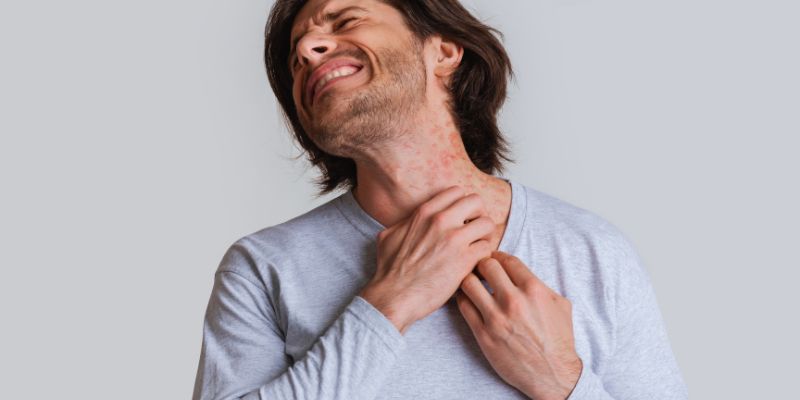
Systemic Treatments: For Severe Eczema
In more severe forms of eczema, topical therapies may not be sufficient to control symptoms. Under such circumstances, the illness is treated from the inside out via systematic therapy. These are usually advised when eczema does not react to topical treatments.
- Oral Medications: Sometimes, doctors prescribe oral corticosteroids, like prednisone, to lower inflammation. These are usually taken for brief durations, though, because of the possibility of major adverse effects like high blood pressure, weight gain, and osteoporosis.
- Biologic Medications: More recently developed treatments meant to target particular immune system components causing eczema flare-ups include biological therapies such as dupilumab (Dupixent). These medications, which are injected, are used for moderate to severe eczema not responsive to topical treatment. Roflumilast cream FDA approval marks an important milestone in eczema treatment, providing patients with a new and effective option.
Lifestyle and Environmental Considerations
Medications are essential for controlling eczema, but lifestyle adjustments can greatly lower flare-ups and enhance skin condition. Including these changes in your daily schedule will enable you to keep better skin:
- Avoiding Triggers: Common irritants such as strong soaps, fragranced items, scratchy materials (like wool), and severe weather can all set off eczema flare-ups. Finding these triggers and avoiding them whenever you can really make a difference.
- Maintaining Skin Hydration: Eczema management depends on maintaining skin hydration. To lock in moisture immediately after bathing, use ointments or thick, fragrance-free moisturizers.
- Stress Management: Eczema flare-ups are well-recognized as being triggered by stress; hence, controlling it is vital. Try yoga, meditation, or deep breathing, among other relaxing techniques.
Choosing the Right Eczema Treatment for You
Depending on things like skin type, degree of the ailment, lifestyle, and personal response to medications, the correct eczema treatment differs for each person. When selecting the best treatment for eczema, understanding the Zoryve price and overall Zoryve cost is crucial. See your doctor if you are thinking about Zoryve Cream or other more recent medications like Roflumilast. Based on your particular requirements, they can assist you in assessing the possible advantages and zoryve side effects.
When choosing treatment, also consider elements such as your capacity to follow through with the treatment plan, insurance coverage, and prescription cost. While some people would find enough comfort in Zoryve dosing and other topical therapies, others may need systemic medicines to control their symptoms properly.
Conclusion:
Control of eczema calls for a customized strategy based on lifestyle, degree of symptoms, and personal preferences. Although medications like Zoryve Cream and more recent choices like Roflumilast present interesting answers, the best line of action is still to see a healthcare specialist. Treatments combined with lifestyle modifications, avoiding triggers, keeping hydration, and controlling stress can dramatically enhance results. Everybody's path with eczema is different; thus, the correct balance of treatments guarantees improved skin condition and confidence.






